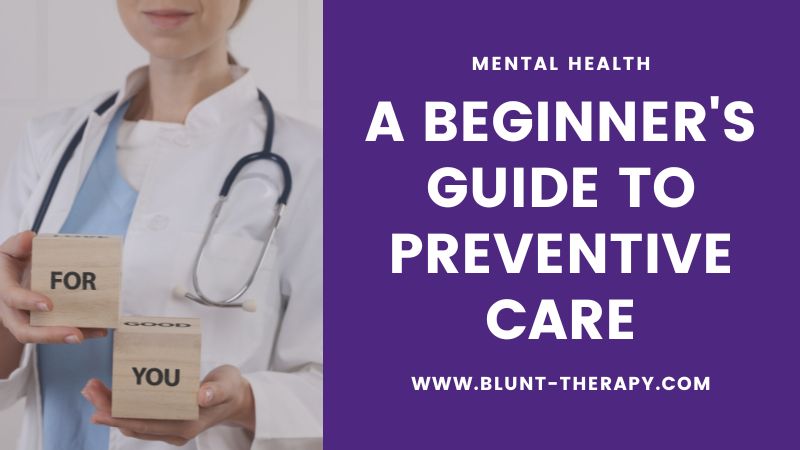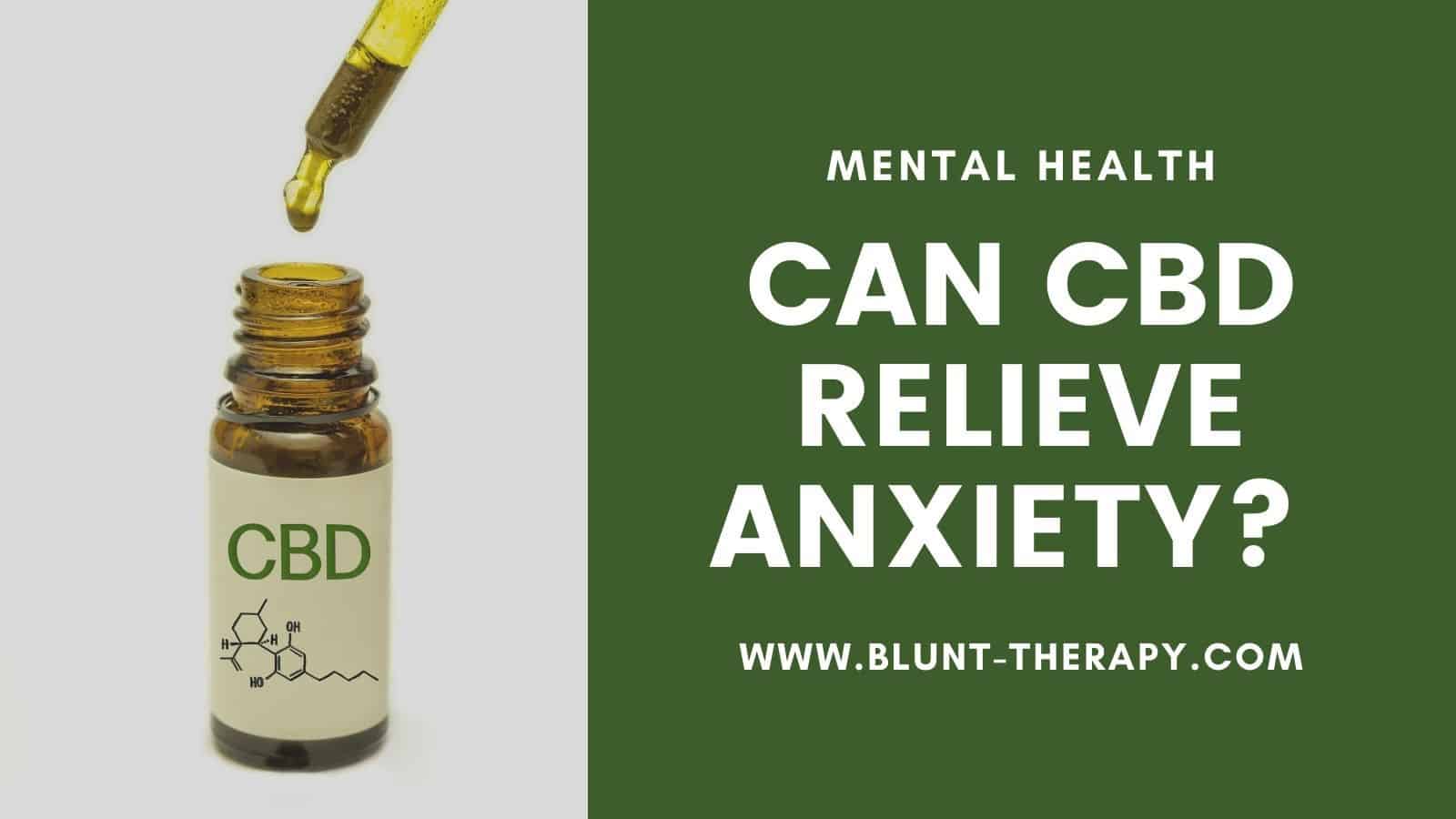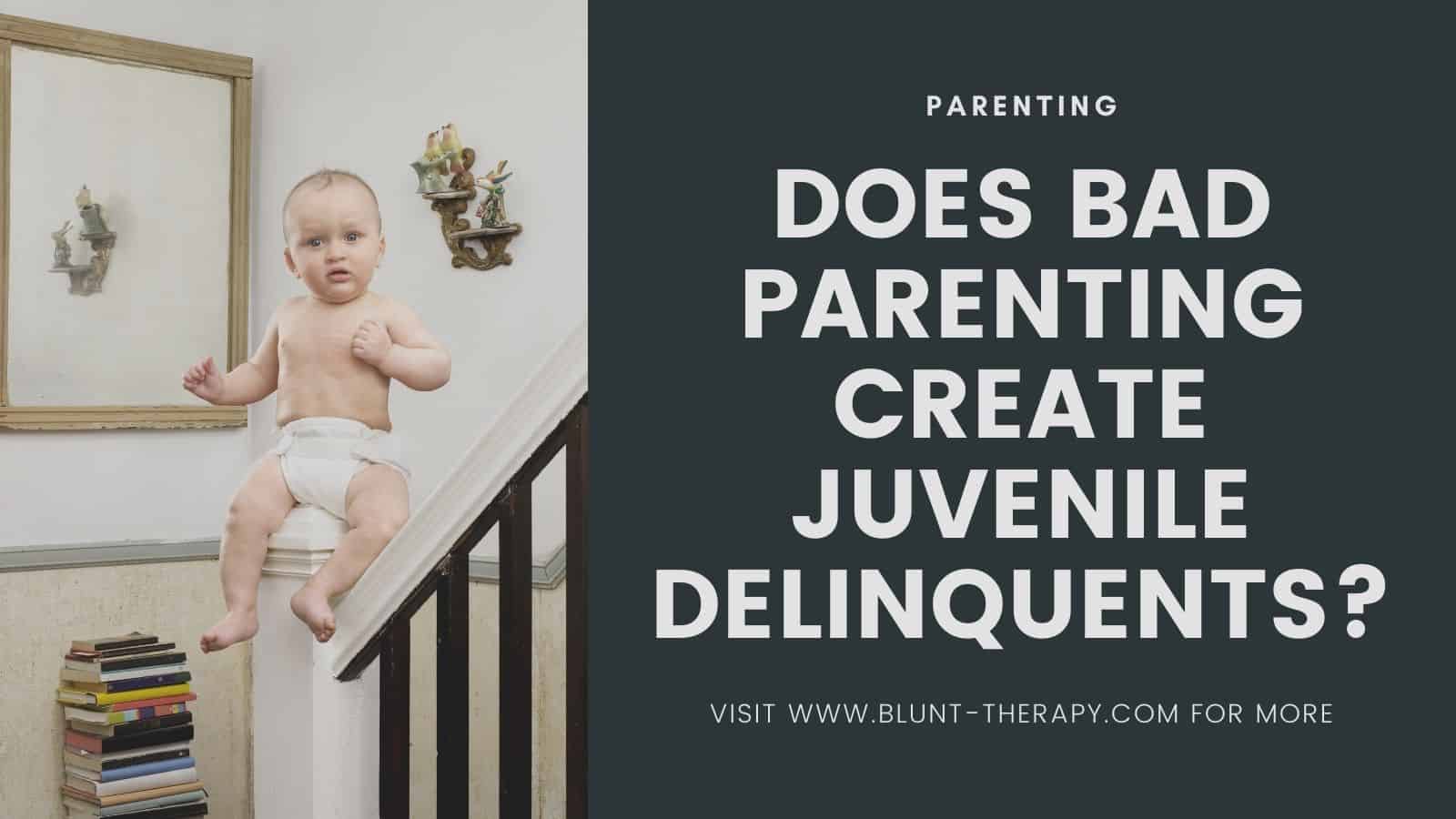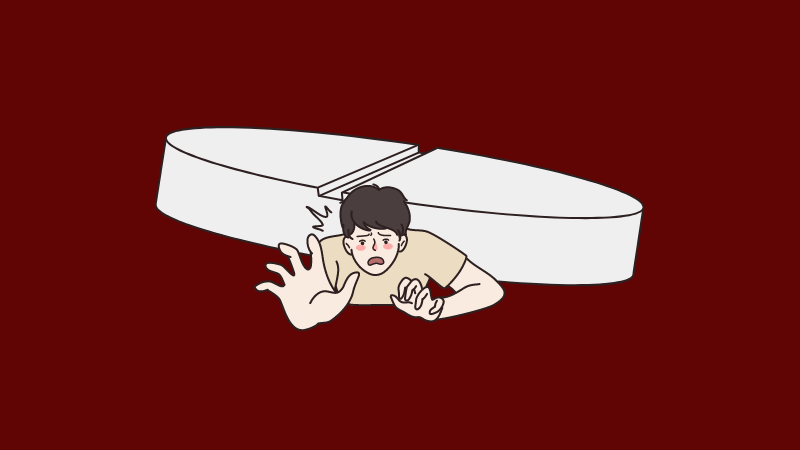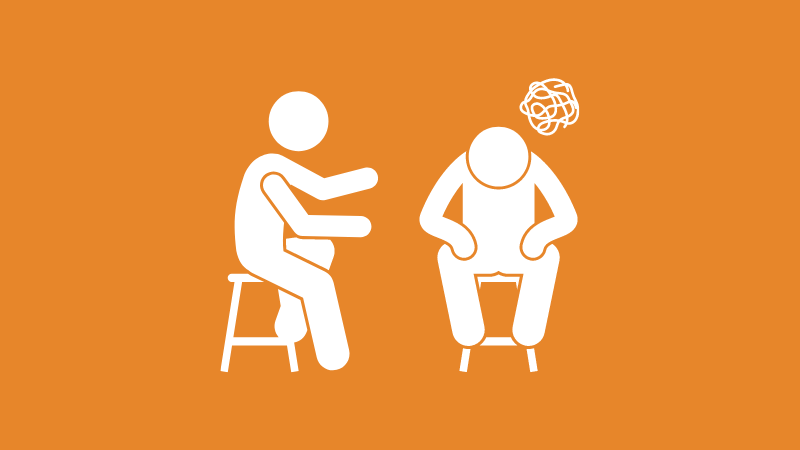Table of Contents
Affiliate link notice: As an affiliate of BetterHelp and other third-party vendors, We will receive compensation if you make a purchase using the links provided on this page. For more information, visit our disclosure page.
Last Updated on March 23, 2023 by Randy Withers, LCMHC
By now you may have heard whispers about a new treatment for patients with severe depression: ketamine therapy.
Ketamine, which has been used in the medical field as an anesthetic for over fifty years, has recently gained recognition for its unique impact on depression and other mental disorders. The treatment, while still only moderately accessible to those with depression, is a ground-breaker in the field of mental health, largely due to its effectiveness in treating specific cases of depression that are resistant to standard antidepressants.
This type of depression is referred to as treatment-resistant (TRD). And it’s not as rare as you might think — as many as one-third of individuals with depression don’t find relief from traditional antidepressant medications.
In fact, the prevalence of treatment-resistant depression seems to point to pitfalls in the way we traditionally treat the disorder, rather than highlighting individual resistances. The cold hard truth is that when it comes to medical solutions for depression, our knowledge is limited.
We are, however, constantly making new discoveries, and ketamine is one that could completely change the game for individuals struggling with TRD.

What Is Ketamine Therapy?
Ketamine was first discovered in the early 1960s by American scientist Calvin Stevens. It quickly gained recognition for its unique properties, including its rapid onset and dissociation-inducing effects, which made it an ideal anesthetic for certain medical procedures.
In the decades that followed, ketamine was widely used as an anesthetic in veterinary medicine and in clinical settings for procedural sedation. Its ability to induce a dissociative state made it a useful tool in emergency medicine, where it was used to manage pain and sedate patients who were in distress.
In addition to its use as an anesthetic, ketamine was also adopted for other medical purposes, including pain management, and as an adjunct to other anesthetics in certain surgical procedures. Its unique mechanism of action and rapid onset made it a valuable tool in the medical field.
Eventually, researchers noticed that it also had interesting effects at much lower doses, specifically with implications for treating mental health disorders like depression.
Is Ketamine Therapy FDA Approved?
Investigations into ketamine’s potential to treat depression started in the 1990s and the evidence for its efficacy has continued to accumulate in the early 2000s. In 2019, the first form of ketamine was granted FDA approval for the treatment of depression: an esketamine nasal spray called Spravato.
Typically, it takes several decades for a medication to receive FDA approval for a specific condition. However, ketamine’s initial clinical trials produced highly encouraging results; it’s also the first ever depression medication that was discovered through purposeful research rather than trial and error.
According to Dr. Fahimian of Bespoke Treatment, researchers deduced a relationship between ketamine and depression based on prior knowledge of its specific mode of action, whereas other depression medications were discovered through an iterative process.
More specifically, ketamine acts on glutamate production within the brain, which is known to be related to depression. Rather than stumbling across it randomly, researchers noticed this link and looked into it further.
Following highly promising results, the FDA expedited the approval process to make the medication more widely accessible to depression patients, and it has gained substantial popularity in recent years.
How does ketamine work?
Ketamine differs from conventional antidepressant medications such as SSRIs in its mode of action. Traditional medications must be taken daily and only provide temporary relief — as soon as patients stop taking the drug, symptoms reappear. On the other hand, ketamine can create lasting change in the brain from the very first dose.
Numerous clinical trials have demonstrated significant improvement lasting over a week after just a single dose of ketamine. Patients may experience relief from depression symptoms for months or even longer after a full course of treatment.
Ketamine’s long-lasting effects stem from its unique mechanism of action.
Instead of temporarily altering neurotransmitter levels, ketamine immediately triggers the production of glutamate in the brain. This increases neuroplasticity and prompts the formation of neural pathways, enabling the regrowth of lost neural connections.
This not only provides long-term relief but also has the potential to help individuals develop positive attitudes and natural resilience to prevent the return of depression in the future. Additionally, ketamine can reduce brain inflammation, which is believed to contribute to depression symptoms.
The efficacy of ketamine therapy is evident from the results: as many as 70% of patients with treatment-resistant depression show a significant response to ketamine therapy, making it over twice as effective as any conventional antidepressant.
What is Ketamine Therapy like?
In terms of side effects, ketamine therapy is well-tolerated and has minimal health impacts. Patients may experience lightheadedness or mild hallucinations during a ketamine session, but these subside quickly. Some individuals may feel tired or sluggish in the hours following a session.
If patients receive ketamine at a clinic, they are typically required to have a family member or friend drive them home.
A typical ketamine treatment regimen involves 6 doses administered over a period of 2 to 3 weeks, with sessions scheduled 2 or 3 times per week. There are various methods for administering ketamine, with the most common being intravenous infusions and the Spravato nasal spray.
With these methods, administration only takes a few minutes, and then patients are monitored for at least 20 minutes afterwards by a medical professional. Altogether, sessions usually last no longer than an hour. After the treatment course is completed, individuals can schedule “booster” sessions at their leisure to help extend the effects if they feel it’s needed.
Other options include muscular injections or a rapidly dissolving tablet. Some methods are able to be taken at home, giving patients even greater flexibility in their treatment.
This means ketamine can be integrated into an online treatment program, so individuals can use it to augment their virtual counseling sessions.
As with any other medical treatment for depression, it’s highly recommended that patients pair ketamine with a form of talk therapy like CBT.
Ketamine’s unique ability to alter neural pathways is thought to help individuals get the most out of therapy sessions and better cement new techniques, thought processes, and beliefs into daily life. Coupling ketamine with an established form of counseling maximizes your chances of success and helps individuals extend their symptom relief.
Final Thoughts
For many people with treatment-resistant depression who thought they were out of options, ketamine therapy is quite literally life-changing. Currently, the cost of ketamine therapy makes its accessibility limited for many, but Spravato treatment courses can be covered by insurance depending on your plan and medical history.
As research continues, ketamine is also proving to be a promising therapy for other conditions, such as anxiety and PTSD.
Additional Resources
- Ketamine for treatment-resistant depression: When and where is it safe? – Harvard Health
- What is Ketamine? How it Works and Helps Severe Depression
- Efficacy of ketamine therapy in the treatment of depression – PMC

